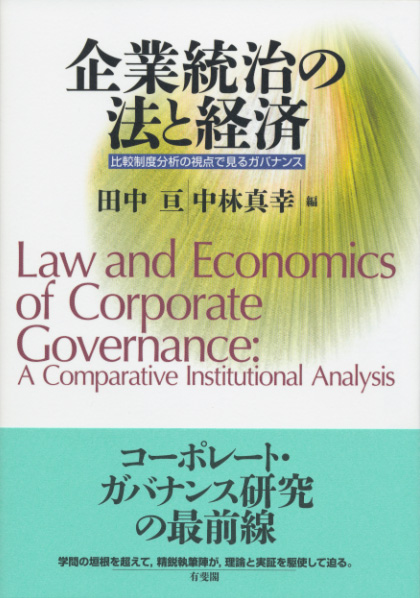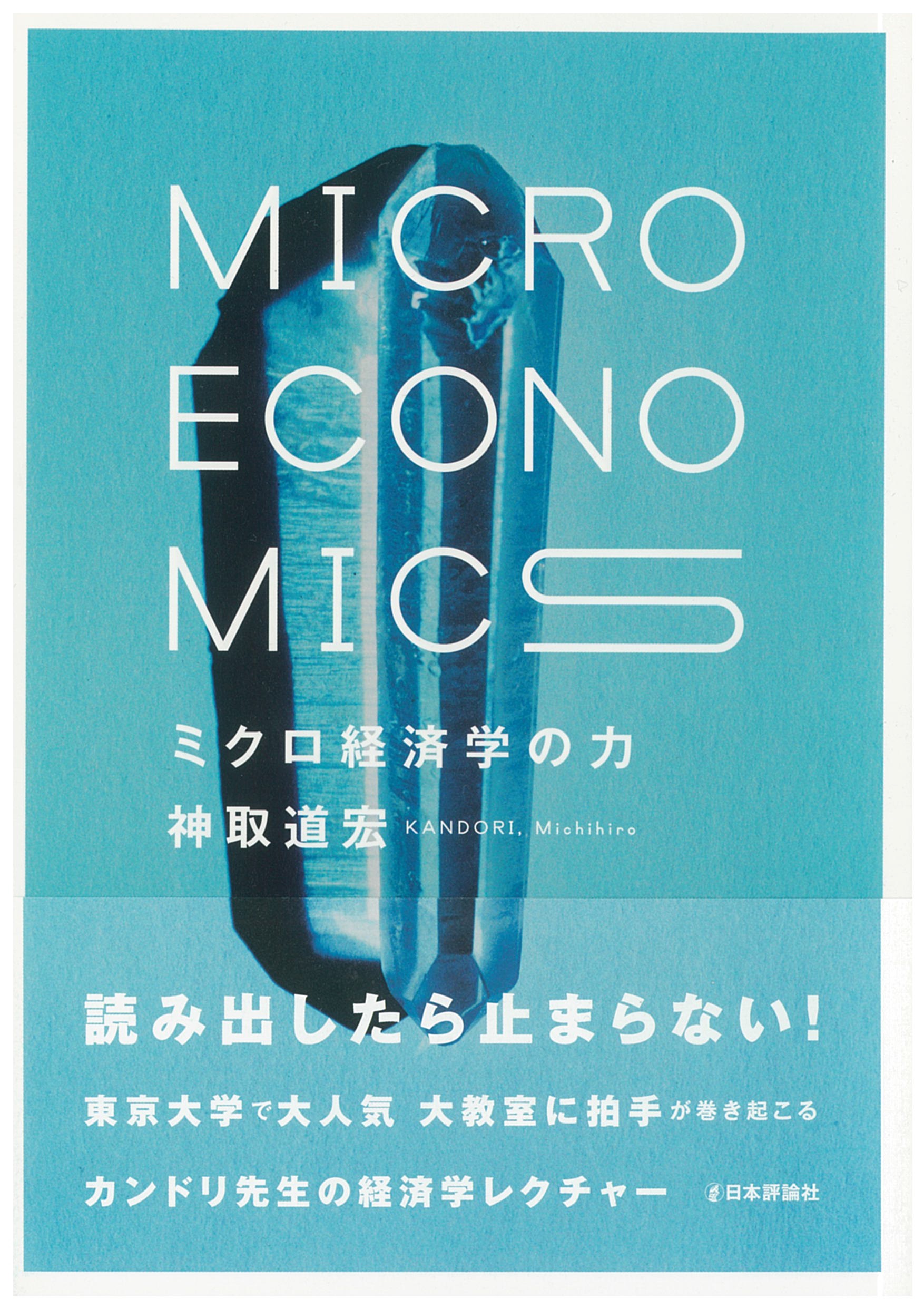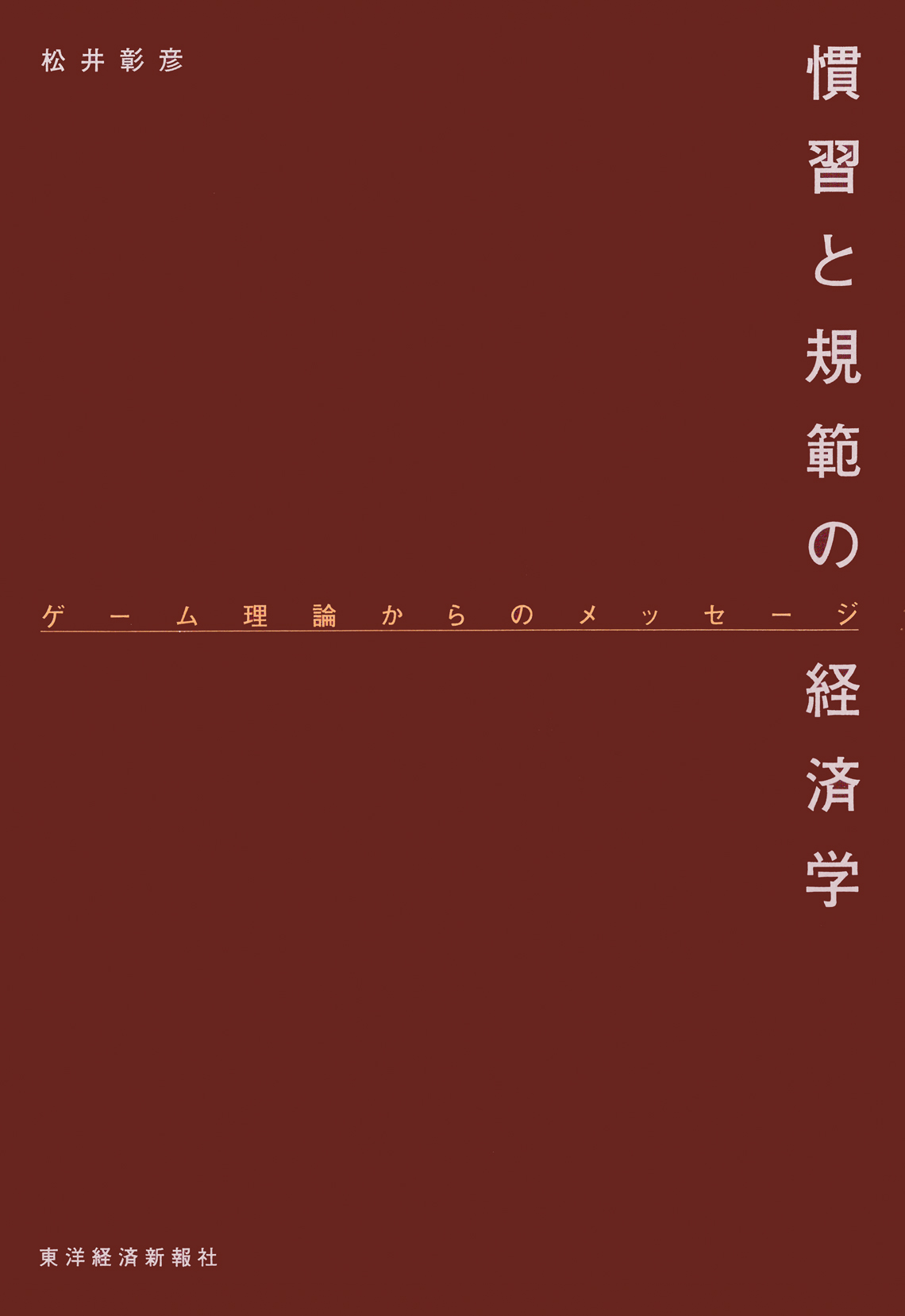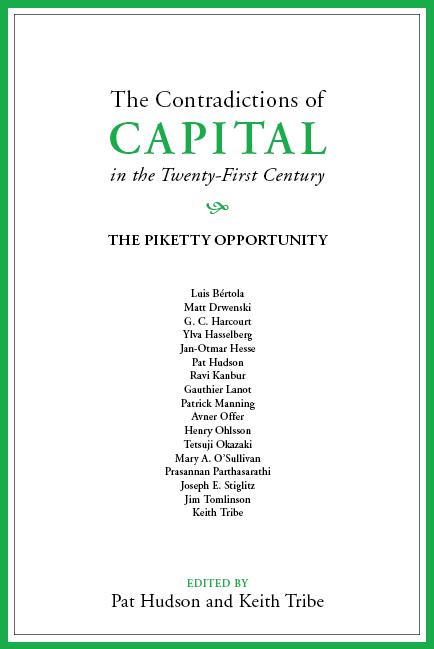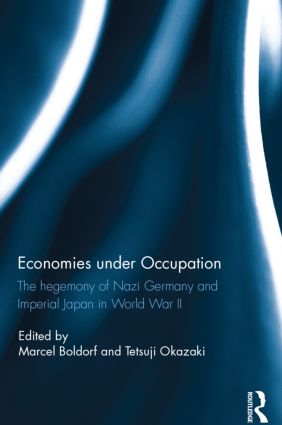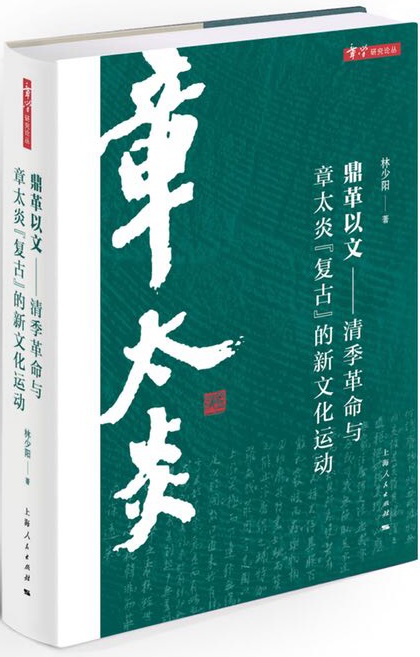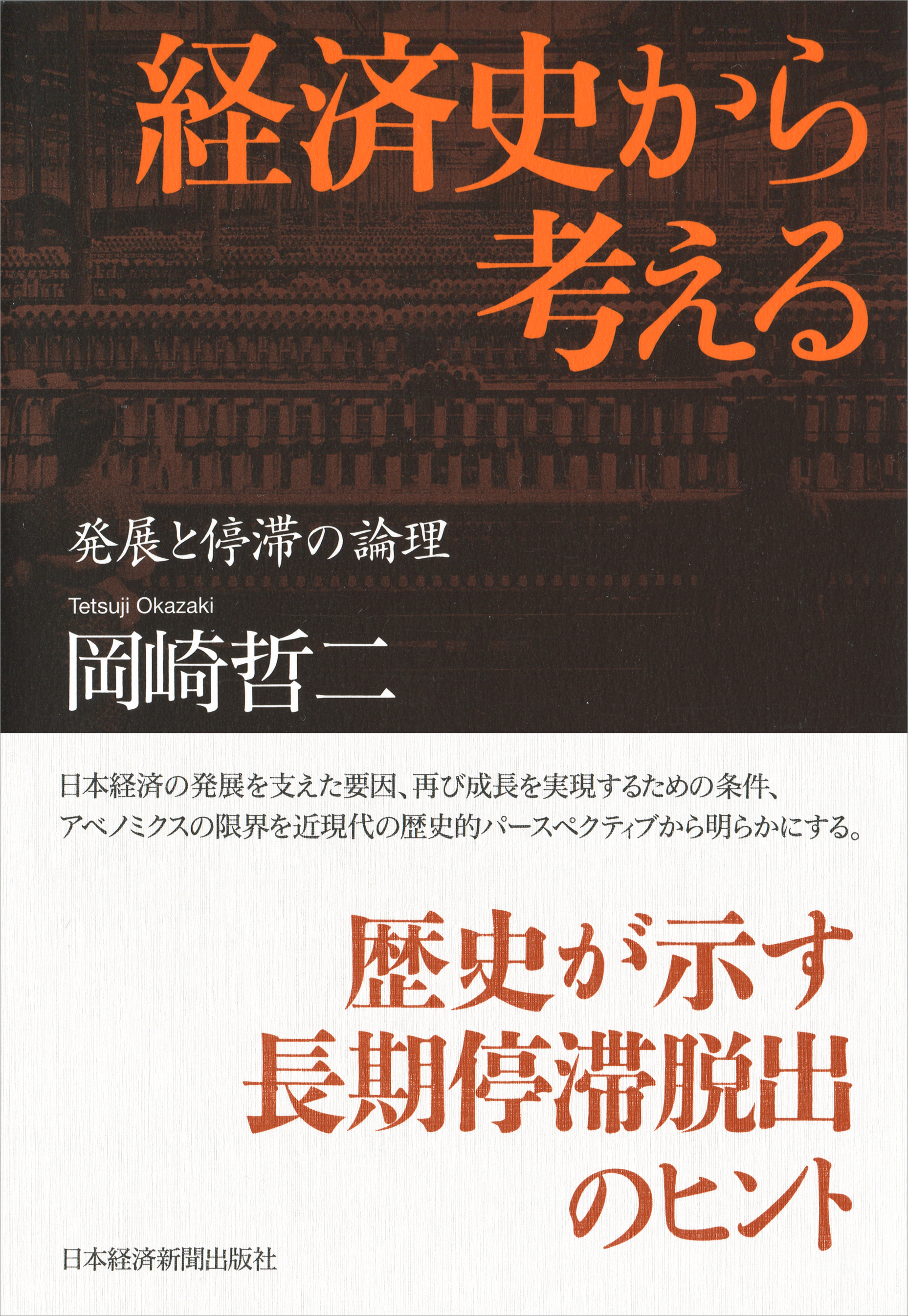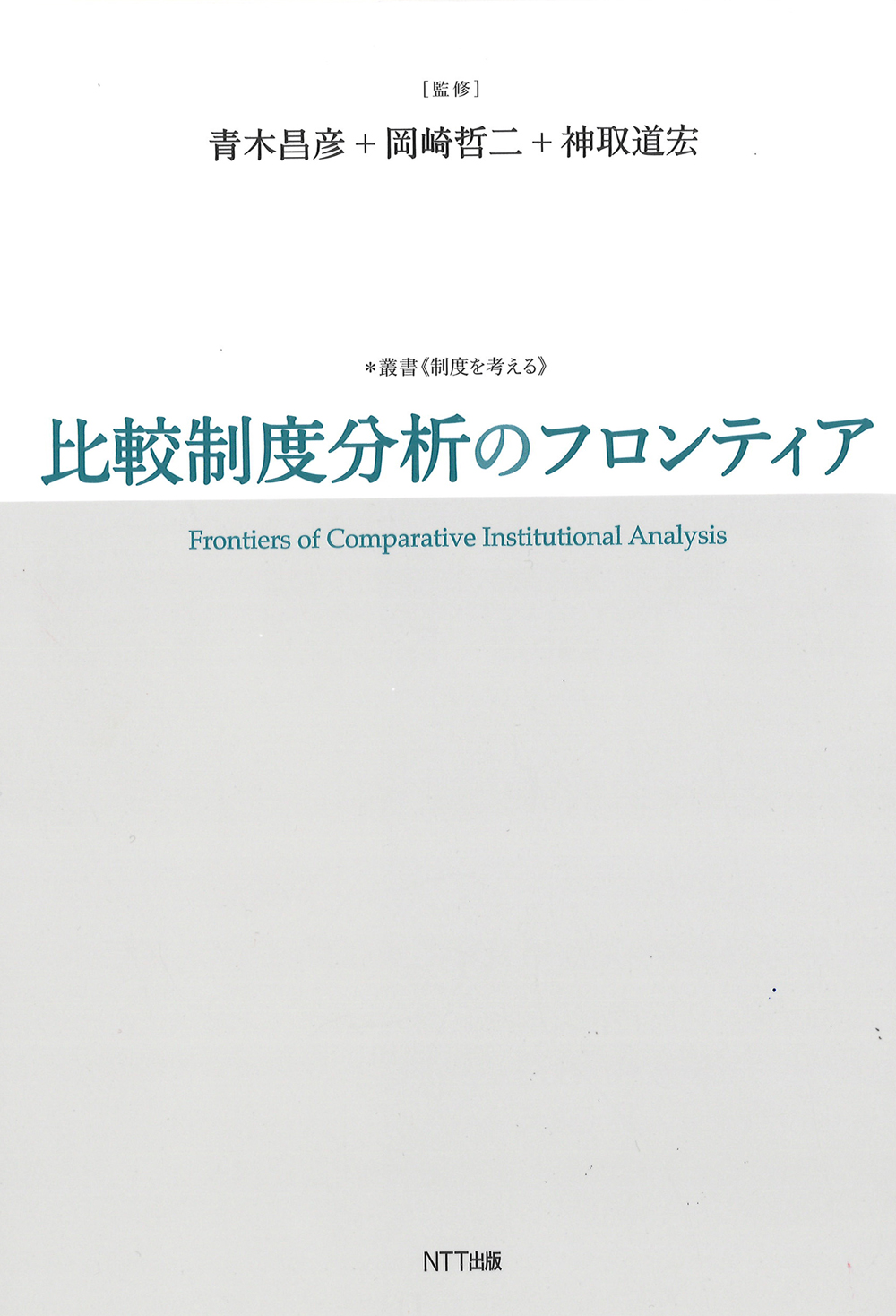
Title
Hikakuseidobunseki no frontier (Frontiers in Comparative Institutional Analysis)
Size
356 pages, A5 format
Language
Japanese
Released
September 08, 2016
ISBN
978-4-7571-2325-0
Published by
NTT Publishing
Book Info
See Book Availability at Library
Japanese Page
The International Economic Association (IEA) was founded in 1950 as a federation of national economic associations worldwide. In 2008, Professor Masahiko Aoki of Stanford University became the association’s twenty-first president, and with him in that capacity it held its World Congress in Beijing in 2011. This book collects thirteen speeches from that congress, selected by Professor Aoki and translated into Japanese, with a preface written by Professor Michihiro Kandori and myself. In view of Professor Aoki’s untimely passing in 2015, it was published as a posthumous work.
Professor Aoki made considerable achievements in various areas of economics including economic planning theory, the theory of the firm, and Japanese economic theory. Building on the fruitful results of his accomplishments, he along with colleagues at Stanford including professors Paul Milgrom and Avner Greif, proposed a new research approach called “comparative institutional analysis.” Comparative institutional analysis is an approach that employs all the systems considered a given in economics up until now, using game theory to explain and analyze them endogenously. That is to say, through comparative institutional analysis we see an institution as an equilibrium in a game that companies, individuals, and in some cases governments play. Hence, we may properly understand the various characteristics we observe about an institution such as its stability and path dependency, as well as how institutions complement one another.
Though the essays in this book traverse a diverse range of topics, including the comparative political economic history of Japan and China, the contemporary Chinese economy, and financial contracts, they all share as a foundation the vantage of comparative institutional analysis as proposed by Professor Aoki. The section of the book that most embodies this approach is the first chapter, “Economic and Political Transitions from Premodern to Modern States in the Meiji Restoration and Xinhai Revolution: A Strategic Approach” (trans. Shun Hatano), written by Professor Aoki himself. This chapter focuses on the 200 years of stability and subsequent regime change in Japan and China from the 17th to the 19th centuries, using game theory to conduct comparative analysis on the mechanisms involved. More specifically, a political economic model is built using ruler, challenger, and opportunist as three players. By theoretically analyzing this model, the conditions necessary for regime stability as well as those that bring about regime change are elucidated.
(Written by Tetsuji Okazaki, Professor, Graduate School of Economics / 2018)



 Find a book
Find a book


